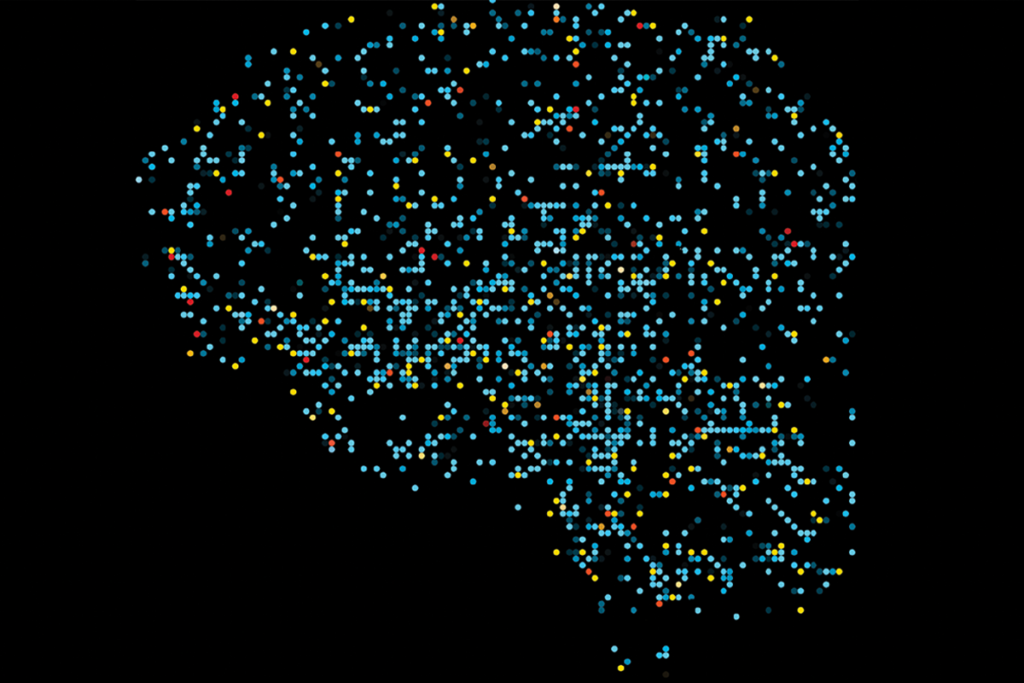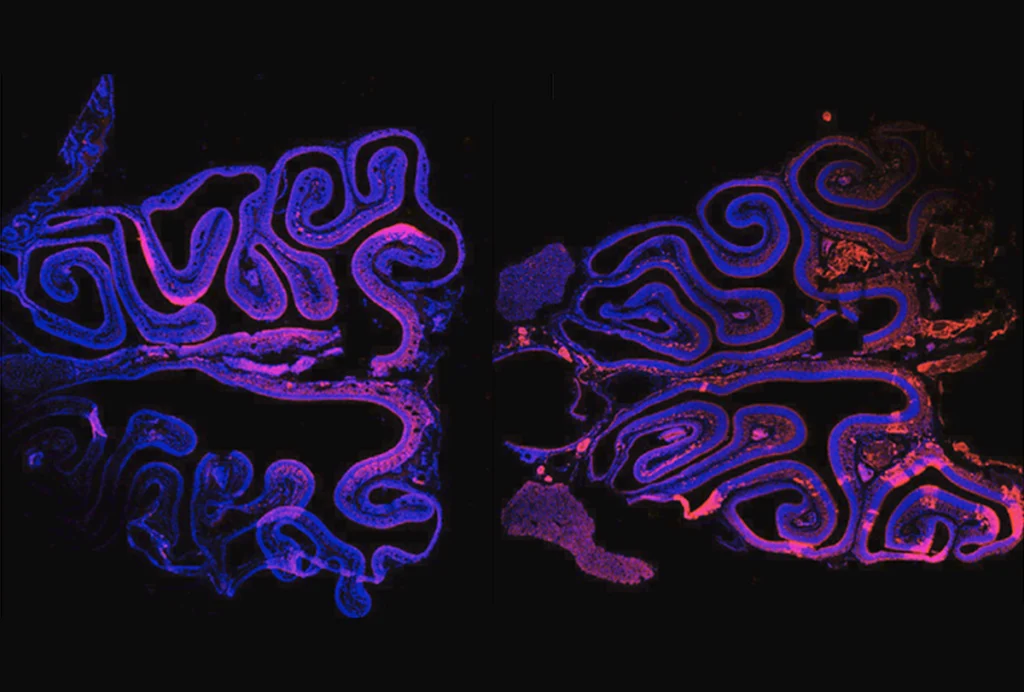Ethics
Recent articles
Stories about scientific misconduct, retractions, debates over research standards, and more
‘Bioethics and Brains: A Disciplined and Principled Neuroethics,’ an excerpt
In their new book, published earlier this week, Giordano and Shook examine how ethics can guide neuroscience research and its real-world applications.

‘Bioethics and Brains: A Disciplined and Principled Neuroethics,’ an excerpt
In their new book, published earlier this week, Giordano and Shook examine how ethics can guide neuroscience research and its real-world applications.
‘Doctored: Fraud, Arrogance, and Tragedy in the Quest to Cure Alzheimer’s,’ an excerpt
In his new book, published today, investigative journalist Charles Piller tells the story of the scientific misconduct that shook Alzheimer’s disease research to its core, and the neuroscientist who helped to expose it.

‘Doctored: Fraud, Arrogance, and Tragedy in the Quest to Cure Alzheimer’s,’ an excerpt
In his new book, published today, investigative journalist Charles Piller tells the story of the scientific misconduct that shook Alzheimer’s disease research to its core, and the neuroscientist who helped to expose it.
Protocol-sharing site aims to ease administrative burden of animal research
The library of regulatory-compliant animal procedures offers experimental standards and specific language that researchers can borrow for their own legal paperwork.

Protocol-sharing site aims to ease administrative burden of animal research
The library of regulatory-compliant animal procedures offers experimental standards and specific language that researchers can borrow for their own legal paperwork.
Spectrum 2024: Year in review
We round up our most notable autism stories of the past 12 months.

Spectrum 2024: Year in review
We round up our most notable autism stories of the past 12 months.
Former Columbia University psychiatrist committed research misconduct, says federal watchdog
Bret Rutherford, whose research was halted following a suicide in a clinical trial, falsely reported participant eligibility, according to the U.S. Office of Research Integrity.

Former Columbia University psychiatrist committed research misconduct, says federal watchdog
Bret Rutherford, whose research was halted following a suicide in a clinical trial, falsely reported participant eligibility, according to the U.S. Office of Research Integrity.
A scientific fraud. An investigation. A lab in recovery.
Science is built on trust. What happens when someone destroys it?

A scientific fraud. An investigation. A lab in recovery.
Science is built on trust. What happens when someone destroys it?
Creating a more inclusive autism research community
The Transmitter rounds up efforts to improve equity and diversity both within the field and in research projects.

Creating a more inclusive autism research community
The Transmitter rounds up efforts to improve equity and diversity both within the field and in research projects.
Is it time to worry about brain chimeras?
Brains made of neurons from two species raise new concerns.

Is it time to worry about brain chimeras?
Brains made of neurons from two species raise new concerns.
The perils of parachute research
Scientists who study autism in lower-income countries are working to end practices that exploit or ignore collaborators and communities on the ground.

The perils of parachute research
Scientists who study autism in lower-income countries are working to end practices that exploit or ignore collaborators and communities on the ground.
‘Star’ neuroscientist faked data in paper and grant applications, U.S. government finds
The faked data, which was part of research on the genetic mechanisms of synaptic plasticity, was used to obtain more than $1.4 million in federal funding.

‘Star’ neuroscientist faked data in paper and grant applications, U.S. government finds
The faked data, which was part of research on the genetic mechanisms of synaptic plasticity, was used to obtain more than $1.4 million in federal funding.
Explore more from The Transmitter
It’s time to examine neural coding from the message’s point of view
In studying the brain, we almost always take the neuron’s perspective. But we can gain new insights by reorienting our frame of reference to that of the messages flowing over brain networks.
It’s time to examine neural coding from the message’s point of view
In studying the brain, we almost always take the neuron’s perspective. But we can gain new insights by reorienting our frame of reference to that of the messages flowing over brain networks.
Autism traits, mental health conditions interact in sex-dependent ways in early development
Here is a roundup of autism-related news and research spotted around the web for the week of 31 March.

Autism traits, mental health conditions interact in sex-dependent ways in early development
Here is a roundup of autism-related news and research spotted around the web for the week of 31 March.
Organoids and assembloids offer a new window into human brain
These sophisticated 3D cultures reveal previously inaccessible stages of human brain development and enable the systematic study of disease genes.

Organoids and assembloids offer a new window into human brain
These sophisticated 3D cultures reveal previously inaccessible stages of human brain development and enable the systematic study of disease genes.